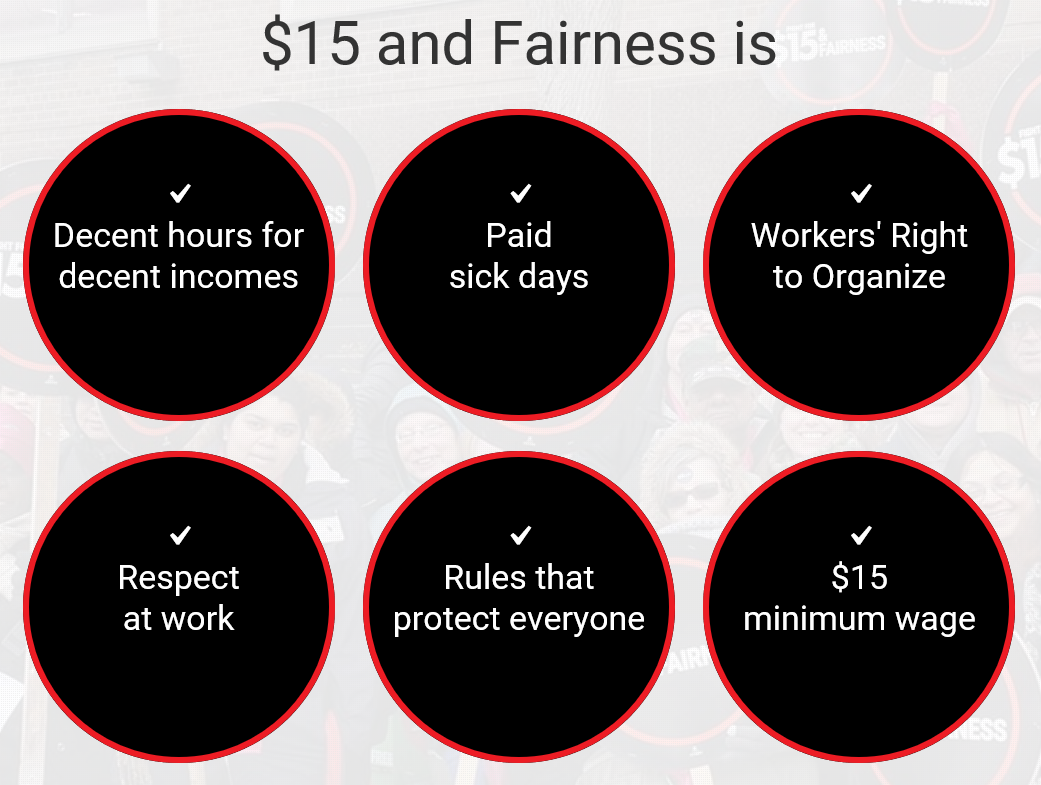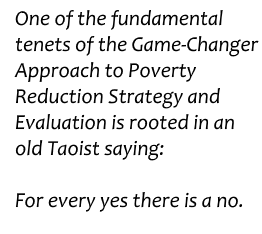As some of you know, I have written about and I am continuing to work on what I call a Game-Changer Approach to Poverty Reduction Strategy and Evaluation. You can read my initial paper HERE. And a recording of a webinar I did with Mark Cabaj is HERE.
I have been asked about the difference between Social Determinants of Health (SDoH) and this game-changer approach I am working on with my colleagues at Vibrant Communities Canada. The game-changers we have identified are: Housing, Transportation, Education, Health, Income and Jobs, Food Security, Financial Empowerment, and Early Childhood Development. All of these are aligned with SDoH, but there is, I suggest, more to what we are exploring than social determinants of health.
Read More






